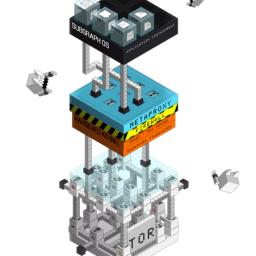 Researchers have found
Researchers have found (
Abstract) that the more gruesome a description of a crime is, the more the person hearing the description thinks the perpetrator should be punished. However, if the act was unintentional, the description did not change the severity judged as fair.
When the responses were analyzed, the researchers found that the manner in which the harmful consequences of an action are described significantly influences the level of punishment that people consider appropriate: When the harm was described in a graphic or lurid fashion then people set the punishment level higher than when it was described matter-of-factly. However, this higher punishment level only applied when the participants considered the resulting harm to be intentional. When they considered it to be unintentional, the way it was described didn't have any effect.
 Researchers have found (Abstract) that the more gruesome a description of a crime is, the more the person hearing the description thinks the perpetrator should be punished. However, if the act was unintentional, the description did not change the severity judged as fair.
Researchers have found (Abstract) that the more gruesome a description of a crime is, the more the person hearing the description thinks the perpetrator should be punished. However, if the act was unintentional, the description did not change the severity judged as fair.